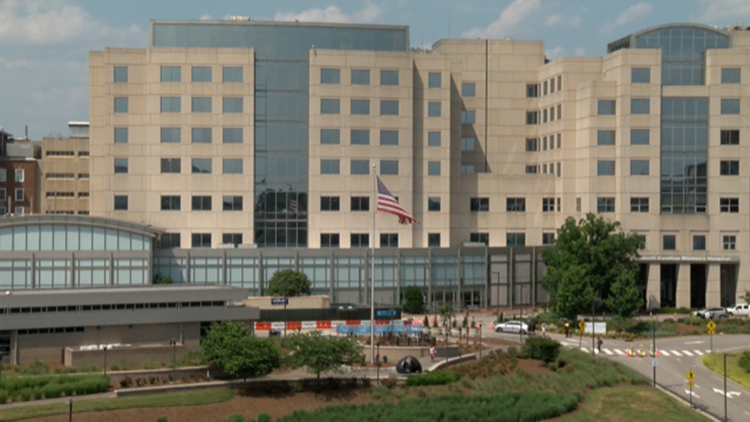CHAPEL HILL, N.C. — Secret recordings of meetings between physicians at UNC Children's Hospital reveal several doctors doubted and questioned the quality of care for children with serious heart issues.
Thursday morning, The New York Times published a nearly 7,000 word investigation of the Chapel Hill hospital's pediatric heart surgery program, titled Doctors Were Alarmed: ‘Would I Have My Children Have Surgery Here?’
Children's Hospital had nine pediatric cardiologists in 2016. All of whom met with hospital higher-ups in a private meeting that someone secretly recorded. According to tapes released Thursday, more than half of those doctors had doubts about sending some cases to their own operating rooms.
A voice identified as the chief of pediatric cardiology, Dr. Timothy Hoffman, can be heard saying “It’s a nightmare right now. We are in crisis, and everyone is aware of that.”
Much of the recordings and the investigative report focused on the results and status of the hospital's surgery wing. Cardiologists and investigative reporters expressed concerns of a lack of access to mortality data.
There were additional recordings from 2016 and 2017. Hospital employees also provided emails while families of several patients who died provided medical records. The recordings reveal some doctors had low levels of faith in the former senior surgeon, who is now on medical leave, and said he failed to provide some mortality data.
The Times is now suing UNC to obtain risk-adjusted data.
UNC Health declined a CBS 17 request for an interview. Phil Bridges, UNC Health's Integrated Communications Executive Director issued a written statement:
We are proud of our pediatric congenital heart surgery program, and our current team is receiving top results that would place us among the best in the nation. We have been engaged in continuous quality improvement efforts for decades and have made significant improvements in the past 10+ years.
As the state’s leading public hospital, the UNC Pediatric Congenital Heart Surgery program often receives the most complex and serious cases. For many of these very sick children, we are often parents’ last hope.
As we shared with the New York Times, there were team culture issues back in 2016. They were handled appropriately. That, combined with decades of continuous quality improvement (CQI) efforts, have led us to today in which we have a very strong program. For our team, and each family, even a single death is too many, and we will continue our CQI work.
To characterize today’s program as anything but strong, would not only be misleading, but not factual. To say we ignored issues would also be false.



